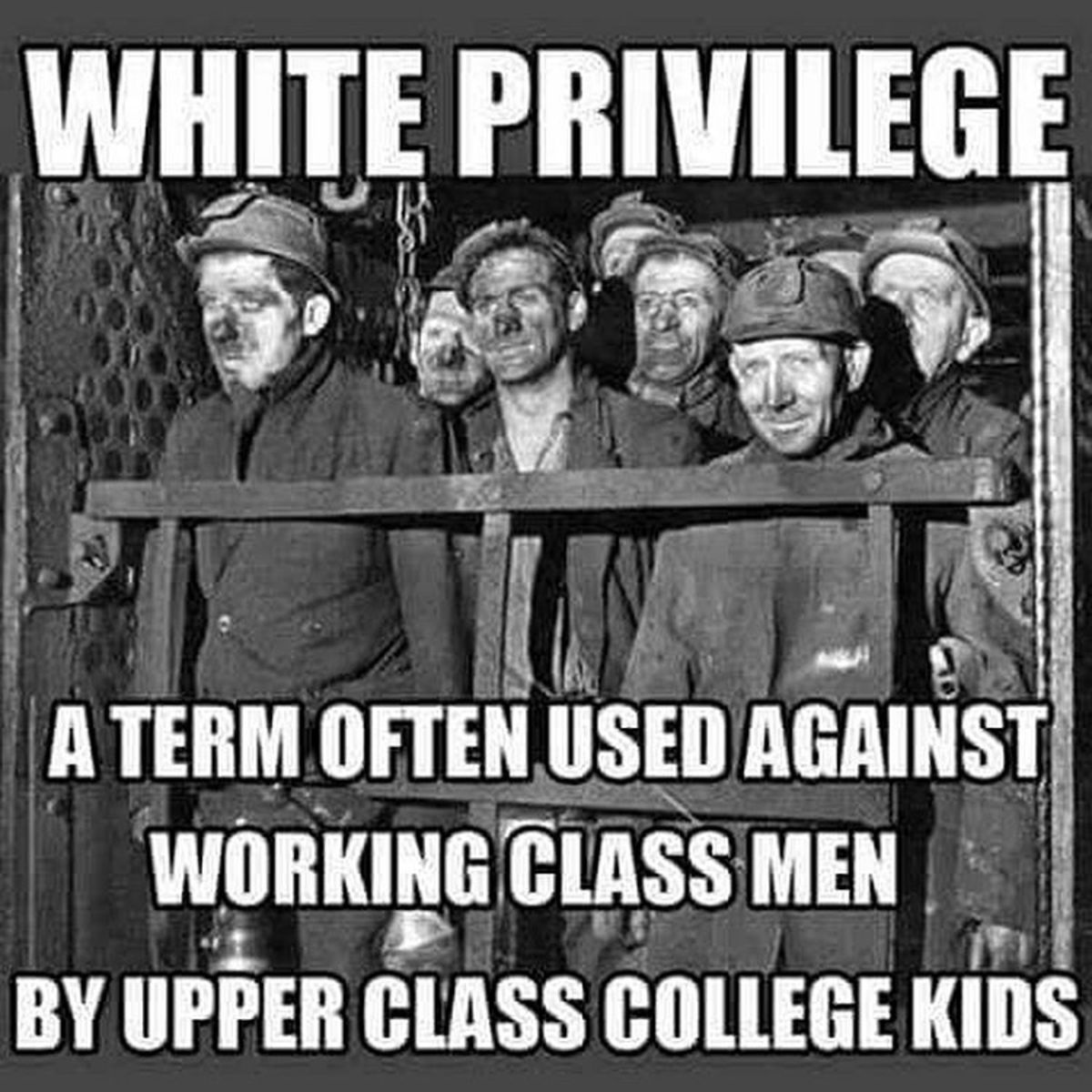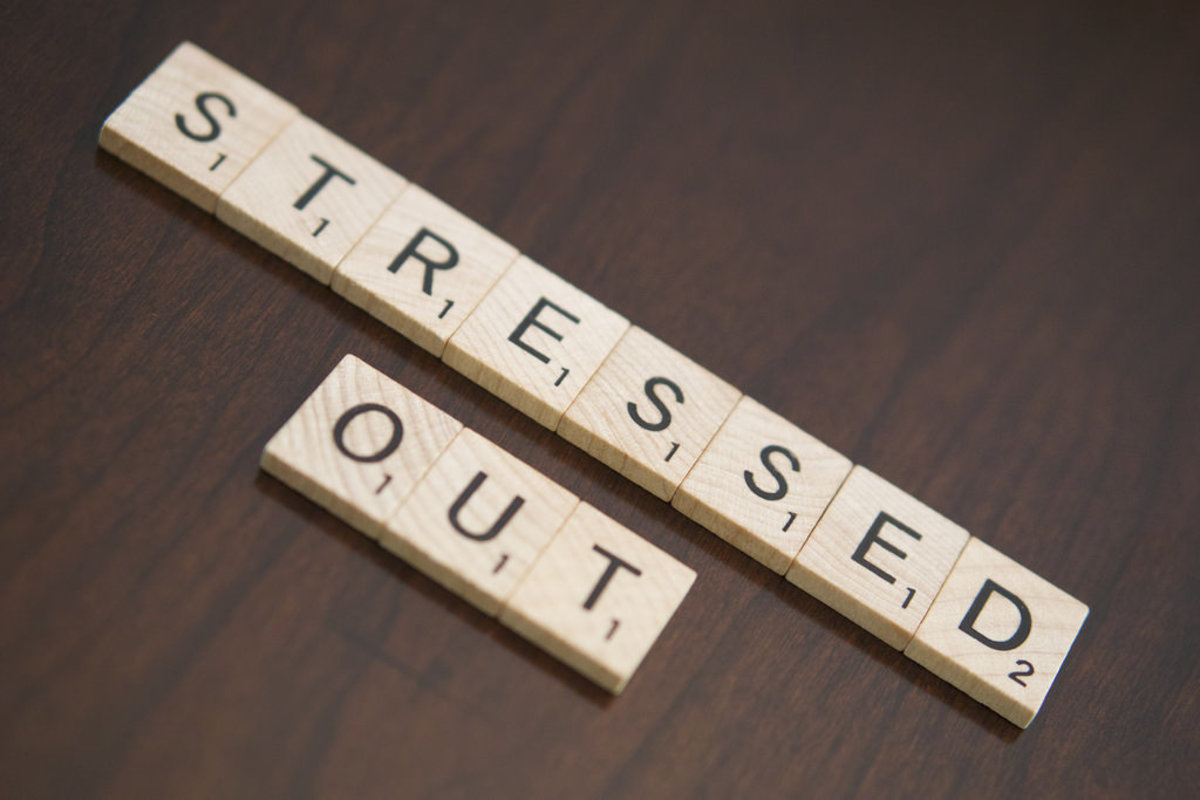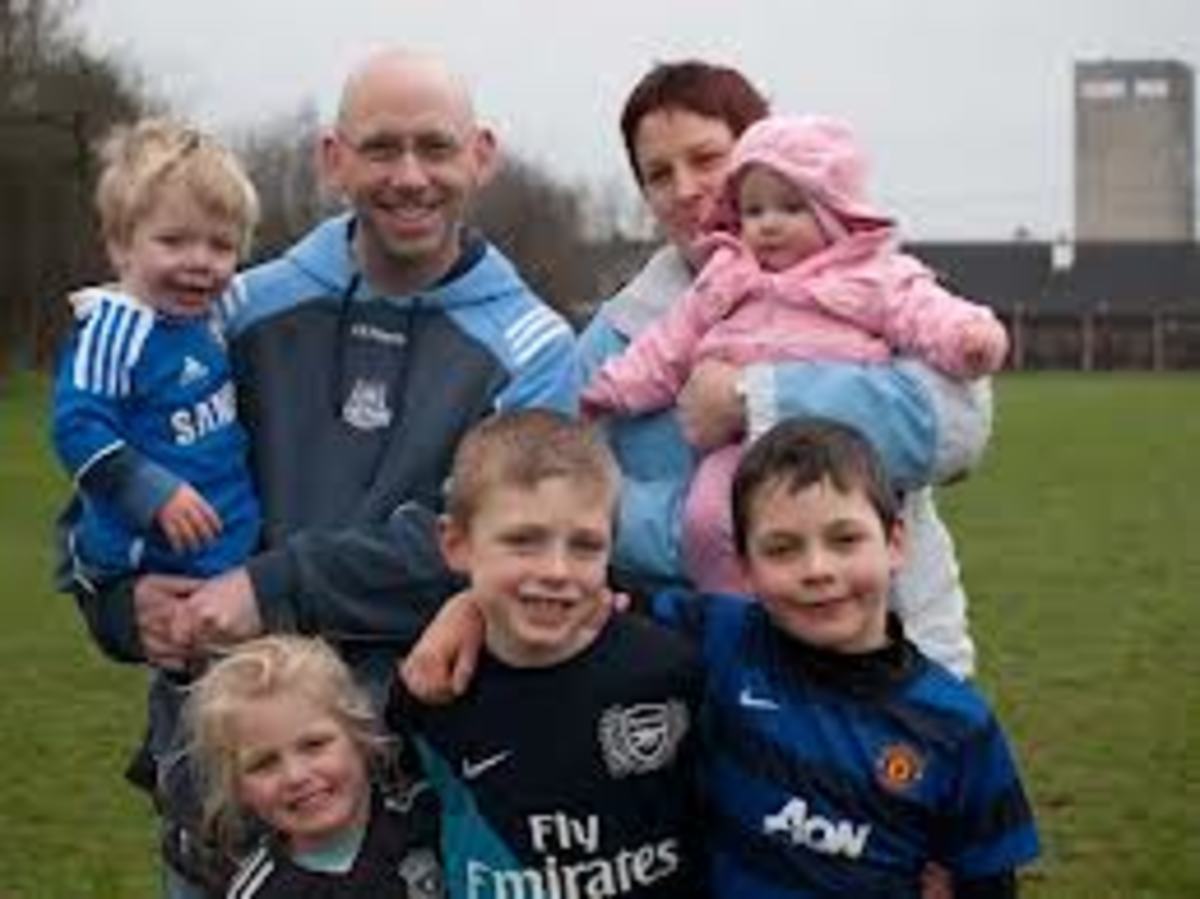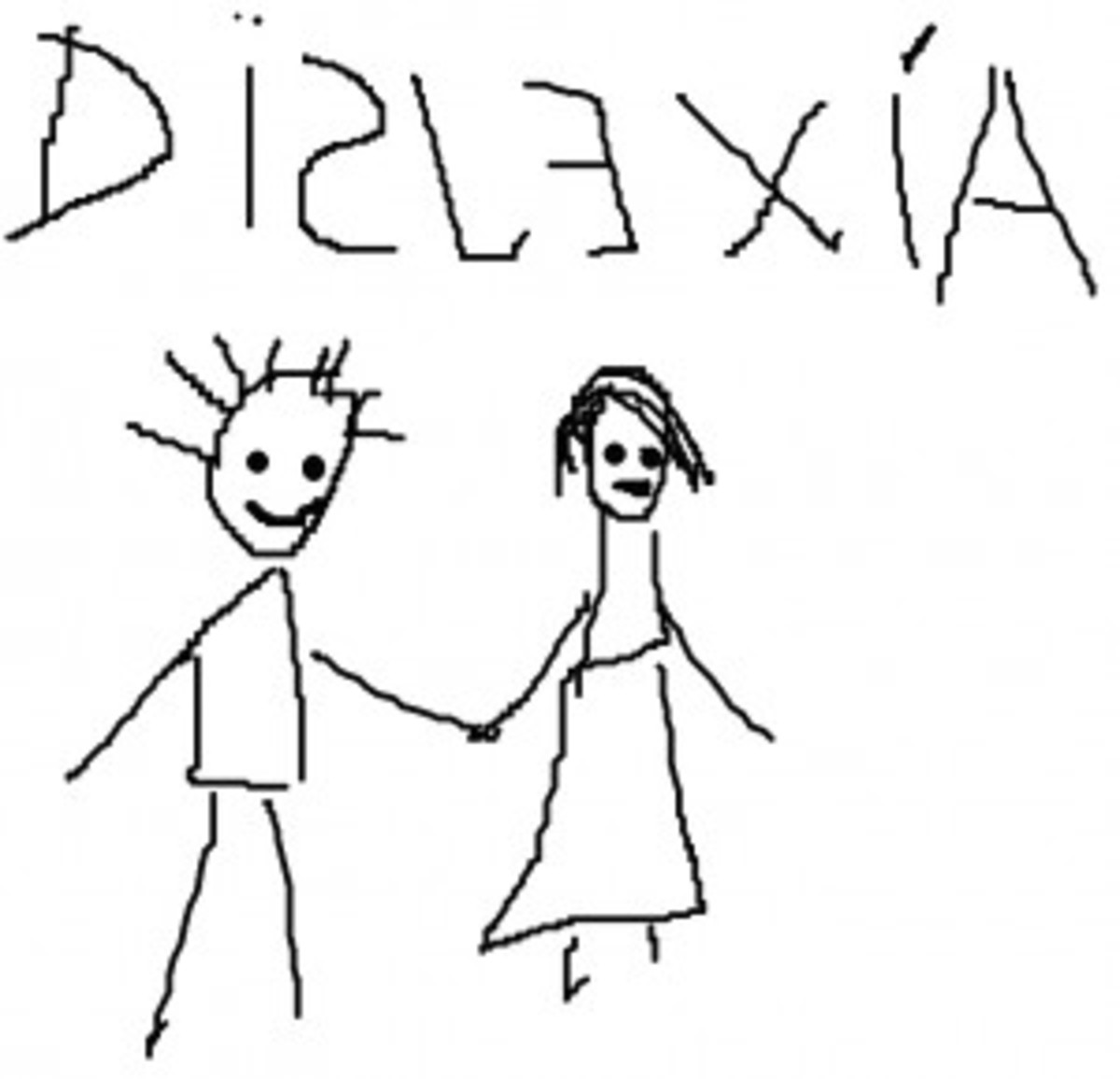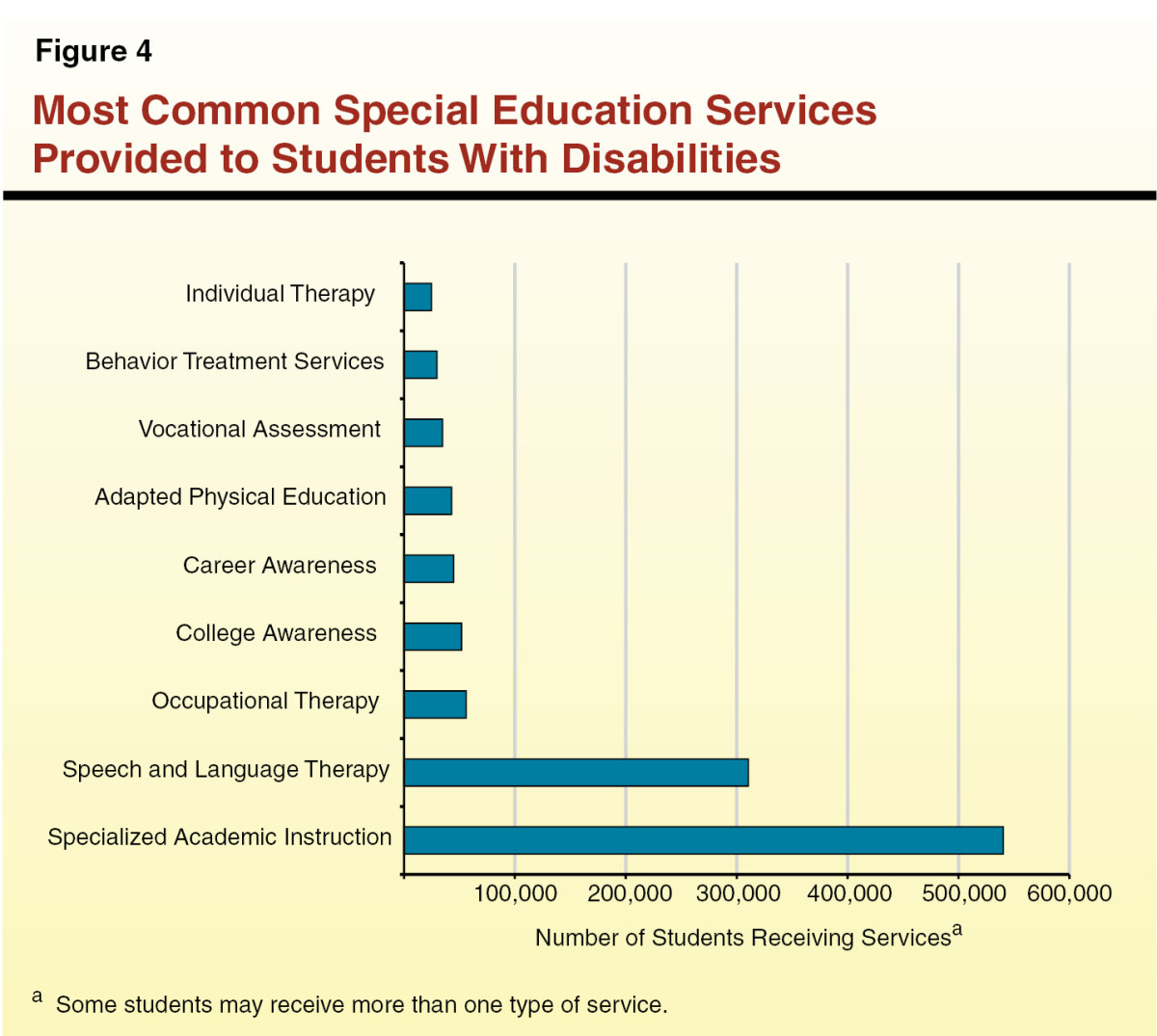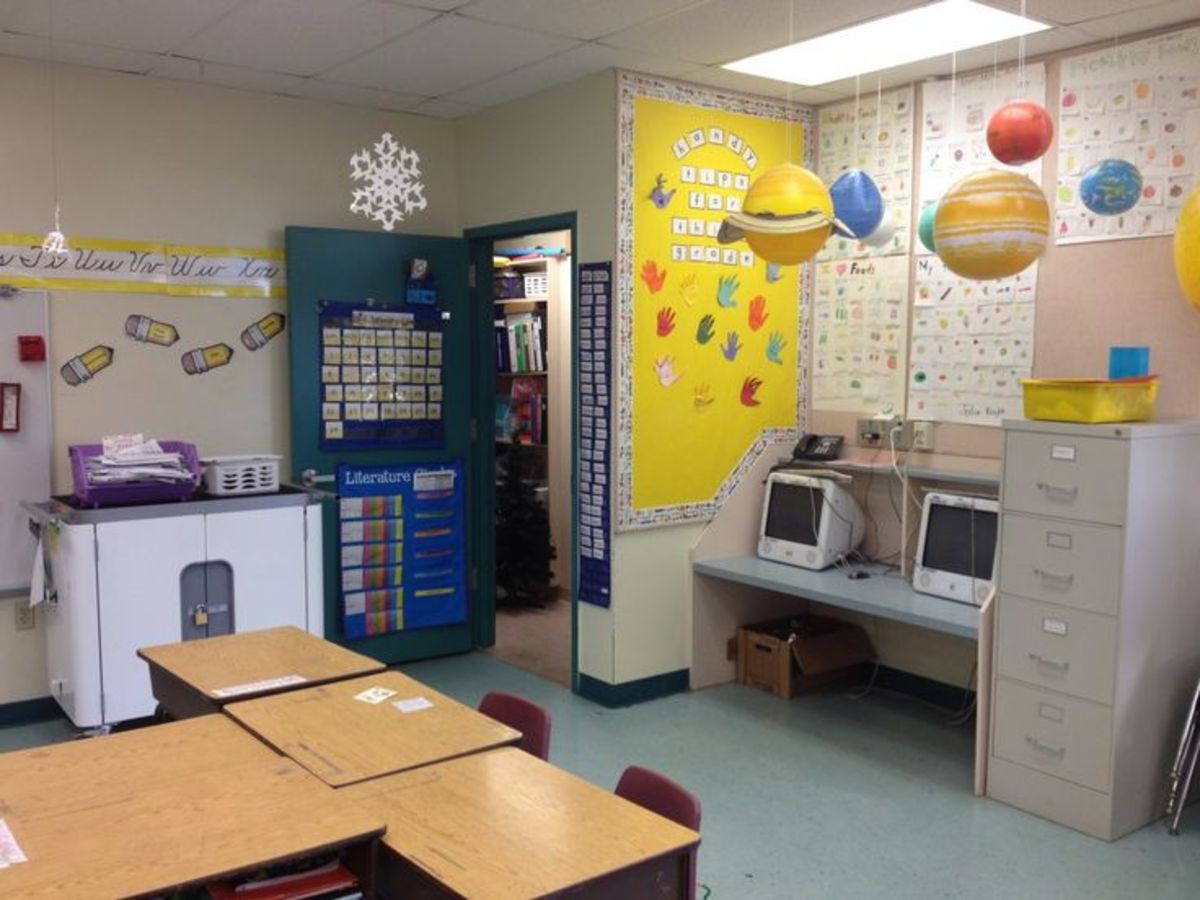Under-Privileged Youth: An Educated Conversation
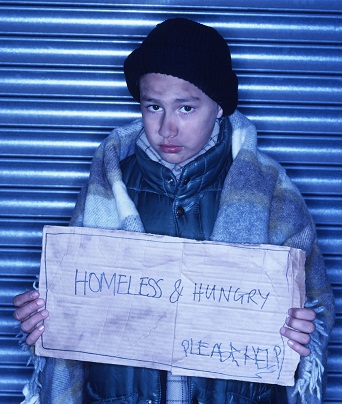
“Don’t Call Us Disadvantaged”
When I was thirteen, my father moved us into government housing. He was working as a janitor at the time and barely making enough to support my nine year old brother and me. I had an older brother as well, but he had already been put in foster care for troubled behavior. A few years before, believing the responsibility of raising two children might help him get sober, my mother left us with my father. Being a Korean immigrant, my mother had gotten tired of back breaking work, constantly on her feet cleaning mess halls and houses. She always said if she were still in Korea, she’d have better opportunities for employment since she grew up and was educated there. In America, however, menial tasks and hard labor were her only options. She decided to take a break from parenting, handing my father the reigns.
My father disproved my mother’s theory. In fact, the stress of raising two children only seemed to make him drink more. My father became unemployed the first year we stayed with him. The apartment complex we lived in threatened to evict us. I lost sleep at night worrying we might be homeless. When we were accepted for government housing, my younger brother and I rejoiced. Yay! We would have a good place to live. We would even have our own rooms. I knew we were struggling, but I didn’t know we were poor then. It was only when I entered high school the following year that I realized what I was up against.
I remember once, after the semester had just started, I had to get a ride home from a classmate. I told her I lived in an apartment and gave her the directions. When we pulled up to the building, she turned and looked at me in horror, disbelieving, “You live here?” She said it incredulously. I looked around, confused, responding, “Yes, why?” She shook her head, “But this is the PROJECTS. I didn’t know you lived in the ghetto or else I wouldn’t have driven you here. I’m not allowed in this part of town. My parents would kill me if they found out I came here.” I hurriedly got out of her car, apologizing. She locked the doors and sped away, looking around suspiciously.
That was the moment I began to realize the truth about my life and my situation. When all those teachers were talking about the “disadvantaged” or “under-privileged, at-risk” youth, I suddenly knew they were talking about me.
I must have been in denial or something because I had signed up for Advanced Placement courses and joined the performance Choir and the Speech and Debate team. As high school progressed, I realized more and more that my other classmates on the accelerated, college track had been given a few extra hills to climb with these challenging courses and extra activities while I had been given mountains. My father drank us poorer and poorer each day. He couldn’t afford to buy me a fifty cent pack of college-ruled notebook paper or a ten dollar pair of dress shoes for my performances and speeches, but there was always a case of beer in the refrigerator.
Living in government housing wasn’t a cause for celebration either, so I found out. Every thirteen year old girl I knew was either pregnant or trying to get that way with an eighteen year old boyfriend who spent his time selling drugs and being in and out of jail. The sixteen year old girls had their own apartments there with two or three kids already in tow, comfortably relying on the welfare system. Everyone seemed content just to get by. It was all many of them had ever known. None of my friends in my neighborhood could understand why I would want to participate in school or take honors classes. Why even try? They were rebels and saw me as a “goody two shoes.” What they didn’t understand about me is that I was rebelling too. When I talked about my dream to graduate high school and get a college degree, my father always told me, “You’ll never amount to anything. No one in this family ever does. You’re just like me. You’ll see.” I could never accept that idea. His words made me angry. I wanted to prove him wrong. I would study at our tiny table in the living area at least four hours each night while he was away cleaning buildings. I thought to myself, “I’ll show him.”
He didn’t make it easy. Many mornings he was hung over from the night before and couldn’t get up to drive me. I had to fight with him to make it to school on those days. While checking into the attendance office, I would be scolded for being tardy too many times. When my teachers would send letters of recognition or concern addressed “To the Parents of,” my father wouldn’t even read them. He just left them unopened on my bed. I had to be my own encourager and disciplinarian.
I also felt dumb compared to all the other Advanced Placement students. In all my AP classes, I must have been the only poor person. Why was I struggling to make B pluses while everyone else was getting easy A’s? What was wrong with me? Never mind they had computers, private tutors, and educated parents who cared. It was as if we had been told to dig the same size hole in one school year, and they had been given brand new shovels. I was given a tablespoon.
Sometimes teachers took pity on me, but it only made me feel worse. My speech coach noticed I always wore tennis shoes with my two or three dress skirts. She asked me once what my shoe size was and why didn’t I have any nice shoes. I shrugged it off. When I came to class the next week, she had guessed correctly at my shoe size and bought me two pairs of nice black shoes to wear with my dress clothes. I accepted them, but was completely embarrassed that someone else had noticed my poverty. I didn’t know it was so obvious. It was always like that growing up though, eating at the Salvation Army, shopping for discount food at the local Food Bank, and getting free winter clothes from Goodwill and free canned goods from local community efforts every holiday season. I preferred to be the person helping other people who needed those services, not receiving them myself. I wanted to be the same as everyone else and have the same opportunities.

What do you know?
When my father was a janitor, he had a coworker who used to greet me in an unusual way. Instead of saying, “Hi,” he’d say, “Well, what do you know?” And he expected an answer. I always thought long and hard to find something interesting to say to him in return. I knew a lot of things, I’d proudly tell him. Of course, I was a teenager. I thought I knew everything.
The older I get, the more I realize how hard that question truly is to answer. I thought I knew what it meant to be poor as a teenager. Now I realize there are many kinds of poverty in this world. You can be materially rich, yet emotionally poor. You can be struggling financially, yet abundantly living.
I accomplished my goal. While both of my brothers dropped out of high school their freshman year, I graduated with Advance Placement and two years of foreign language courses to prepare me for college. I went on to achieve a Bachelor’s degree in Psychology and some Master’s level work in English. I guess I’m one of the lucky ones. I should be content with that knowledge, but I’m not. I was watching a documentary recently entitled Waiting for Superman about the failure of the public education system and the need for more charter schools. The children in the video were desperately trying to get the opportunity of a good education, not as a guarantee of success in life, but just to have a chance for it. Since there was limited space at the schools for the children on scholarship who were too poor to afford the tuition on their own, their names were entered into a lottery. Some of the children represented in the video were actually chosen, while some were not so “lucky.”
Heartbreaking. Equal opportunity should not be a privilege in America. It should be a right. Quality education shouldn’t be a matter of luck. It should be a given. I thought, as an American, I knew these things. Those old public service announcements that came on between the cartoons I watched growing up convinced me knowledge is power. After watching the documentary, I’m re-evaluating what I know. What we say we stand for in education and what we actually do for children seem disparate to me.
My education didn’t make me materially wealthy. It saved my life. It’s not always about numbers, social status, or money. Educated children become educated adults. An educated mind is a healthy mind. Healthy minds make a healthy society. If we want the world to change, we all need to dig a little deeper to be a part of the solution. We have to start with the way we educate, creating equal opportunities for ALL children and taking the shame of being disadvantaged or under-privileged away from them. Every child deserves the right tools and a chance at success in life. We need to take away the rusted spoons. Put a shovel in their hands.
EDUCATE YOURSELF AND WATCH THIS
© 2013 maramerce


